Circadian Rhythm Hack May Shield Brains from Alzheimer's Damage
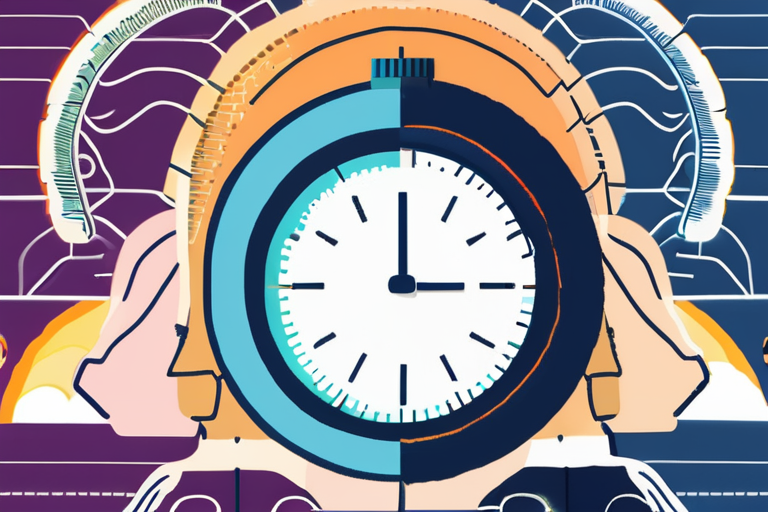
Multi-Source Journalism
This article synthesizes reporting from multiple credible news sources to provide comprehensive, balanced coverage.

Multi-Source Journalism
This article synthesizes reporting from multiple credible news sources to provide comprehensive, balanced coverage.
Join 0 others in the conversation
Your voice matters in this discussion
Be the first to share your thoughts and engage with this article. Your perspective matters!
Discover more articles
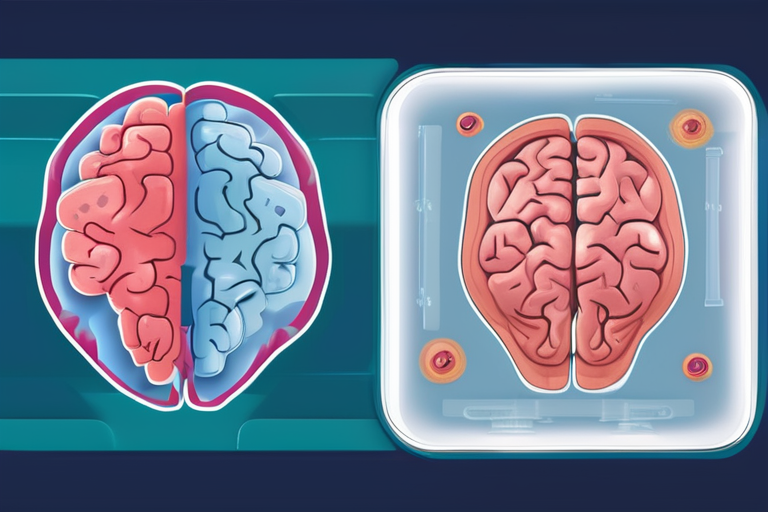
Scientists at Cedars-Sinai have made a groundbreaking discovery by creating young immune cells from human stem cells that can reverse signs of aging and Alzheimer's disease in mice. These lab-grown cells seem to protect the brain by sending anti-agin

Scientists are cautioning against relying on unproven online sleep hacks and pricey tools, as the market for sleep aids exceeds $100 billion annually. Instead, researchers are turning to the body's internal biological clock system to uncover evidence
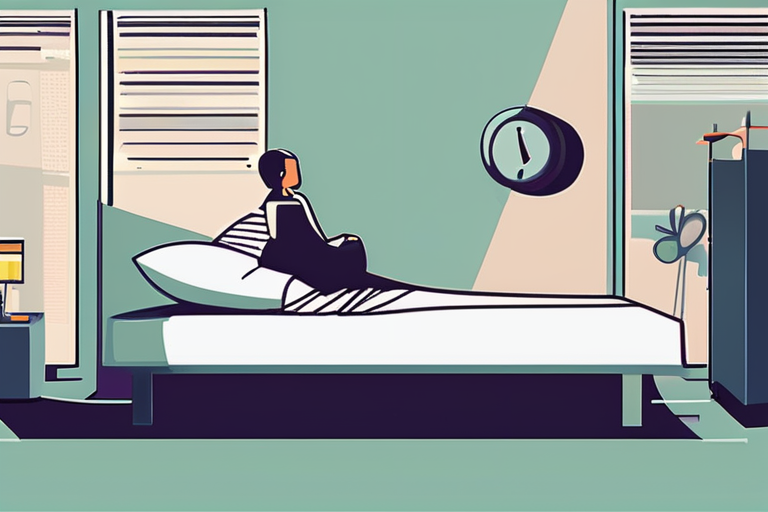
Scientists are challenging the effectiveness of popular sleep aids, suggesting that understanding the human body's internal biological clocks may hold the key to improving sleep. Research on these clocks, known as circadian networks, could lead to mo
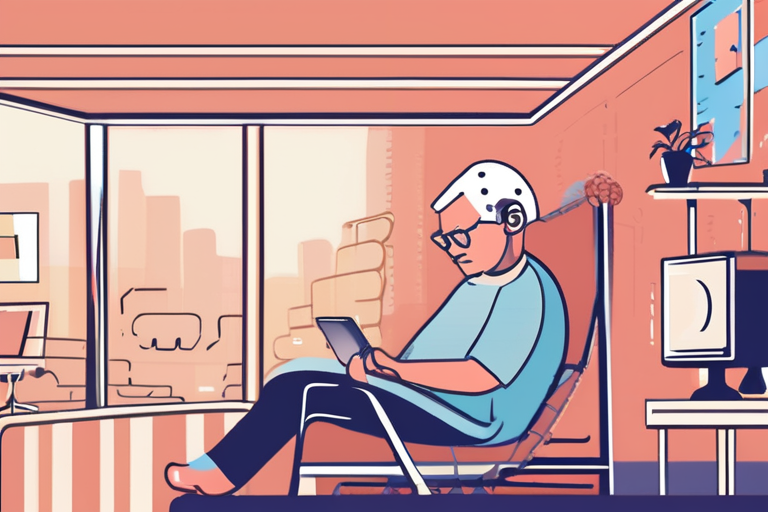
New research reveals a strong correlation between poor sleep quality and accelerated brain aging, with individuals experiencing unhealthy sleep patterns showing brains that appear up to 2 years older than their actual age. This finding has significan
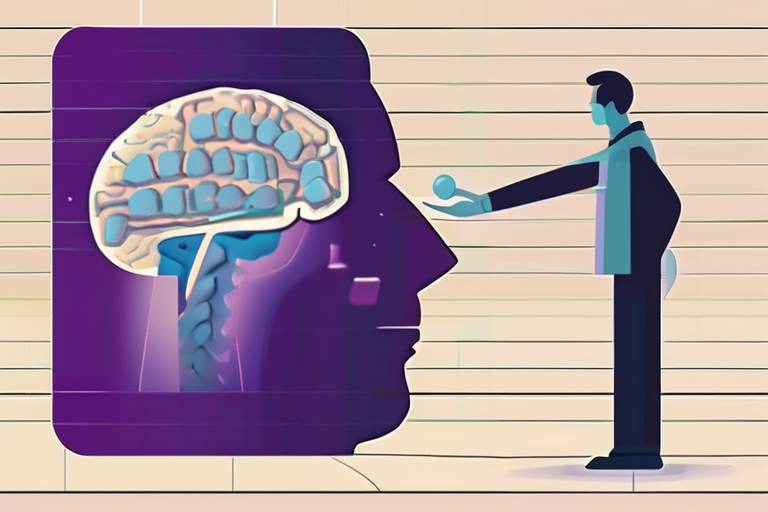
Researchers have re-examined the Alzheimer's drug valiltramiprosate, or ALZ-801, and found promising results in a subgroup of patients with mild cognitive impairment, with the medication slowing cognitive decline by 52% in this high-risk population.
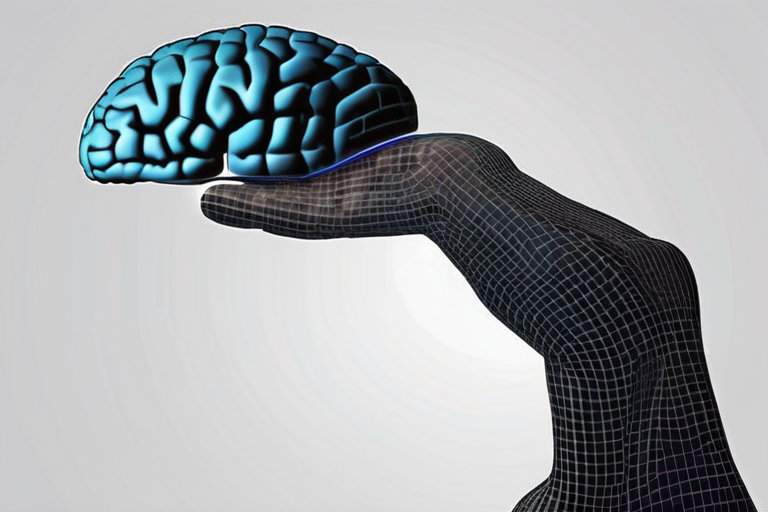
Researchers at USC have developed a groundbreaking imaging technique that detects the brain's previously unknown microscopic blood vessel pulses, which may serve as an early indicator of Alzheimer's disease. This discovery could revolutionize our und
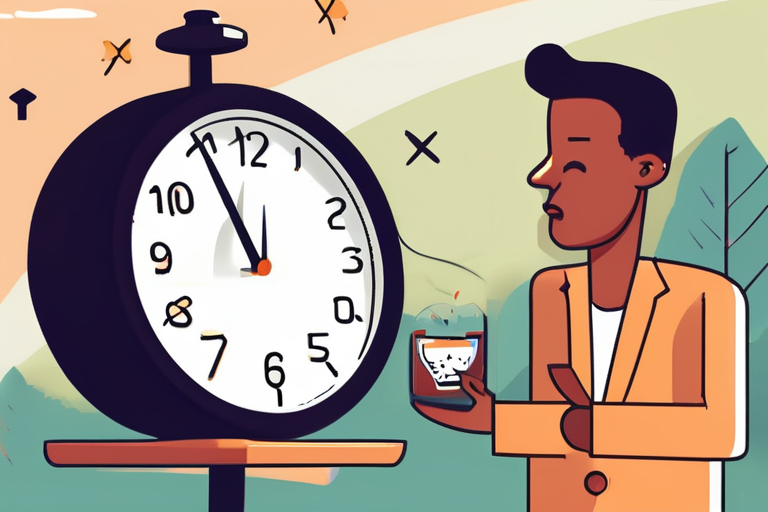
Scientists from Stanford Medicine have found that the bi-annual time change associated with Daylight Saving Time (DST) has significant negative health consequences for the general population. The twice-yearly clock adjustments can disrupt sleep patte
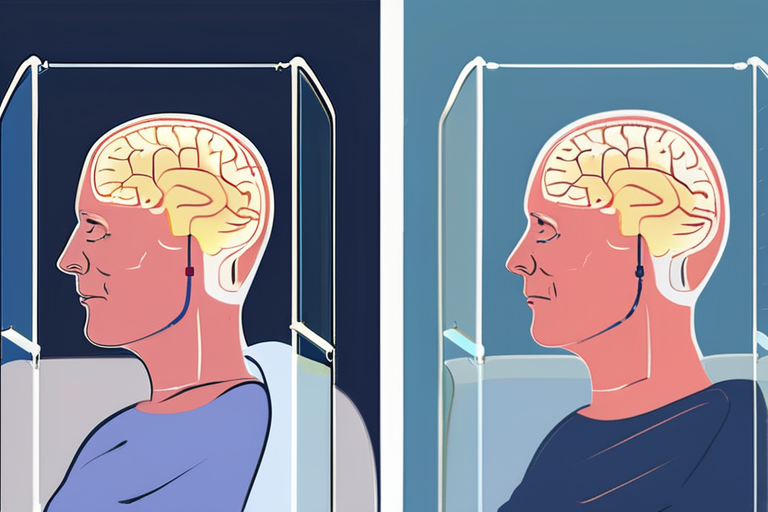
A groundbreaking study has found a strong link between poor sleep quality and accelerated brain aging, with individuals experiencing unhealthy sleep patterns showing brains that appear up to 10 years older than their actual age. The research, conduct
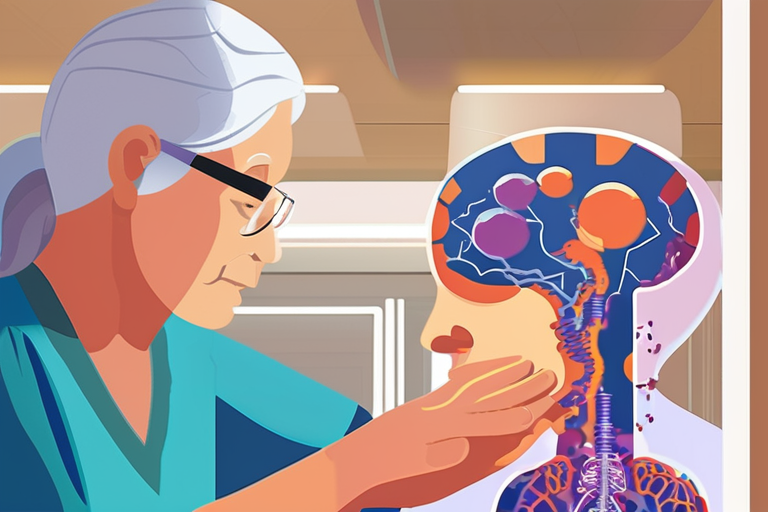
Breakthroughs in Alzheimer's research offer new hope for patients and their families, with over 100 ongoing trials targeting various underlying mechanisms of the disease. The first therapies to specifically target amyloid plaques have been approved b
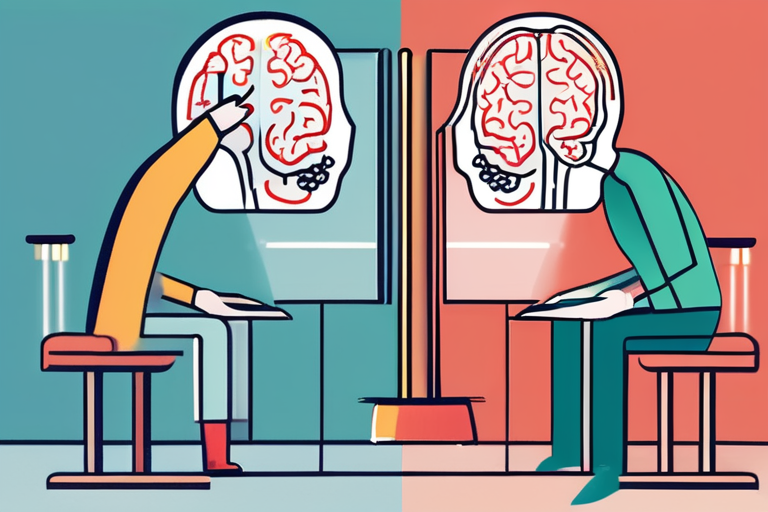
New research suggests that poor sleep can accelerate brain aging, with individuals who experience unhealthy sleep patterns exhibiting brains that appear up to 2-3 years older than their chronological age. This link is thought to be partly driven by i

Get ready to groove your way to a healthier brain, folks! A groundbreaking new study has found that regularly listening to music can lower your risk of dementia by a whopping 39%, while playing a musical instrument slashes the risk by a remarkable 35

Scientists are challenging conventional wisdom on achieving good sleep, suggesting that expensive tools and online hacks may not be effective. Research on the body's internal biological clocks, or circadian rhythms, holds promise for improving sleep
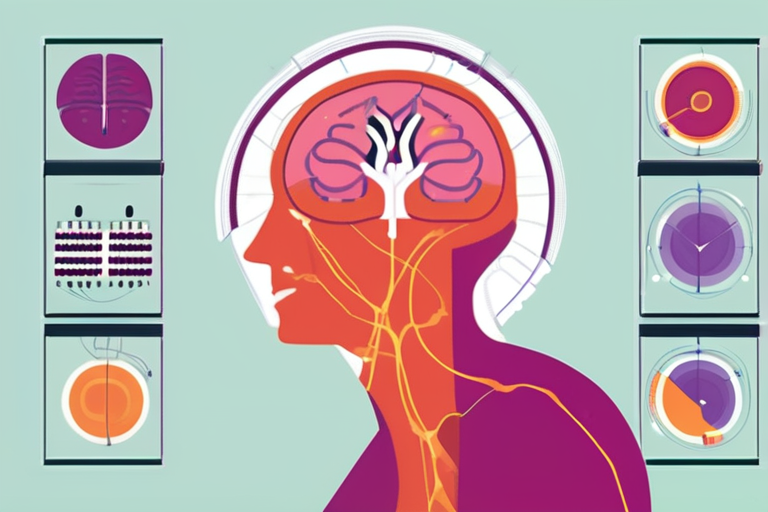
Researchers have discovered a potential new approach to protecting the brain from Alzheimer's damage by altering the body's natural rhythm. By disrupting the communication between the body's internal clock and the brain, they found that levels of bra

Scientists are questioning the effectiveness of popular sleep aids, suggesting that a deeper understanding of the body's internal biological clocks may hold the key to improved sleep. Research has identified a network of these clocks, which regulate

Scientists are challenging conventional sleep advice, suggesting that expensive tools and online hacks may not be effective in improving sleep quality. Instead, researchers are exploring the human body's internal biological clock system, known as the
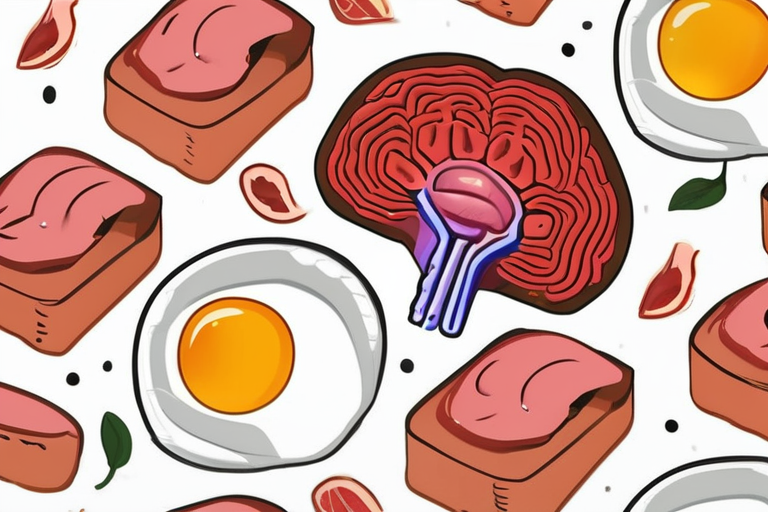
Scientists at the University of Missouri-Columbia have discovered that a high-fat keto diet may help protect and preserve brain health, particularly in women genetically predisposed to Alzheimer's disease. The study found that female mice with the AP
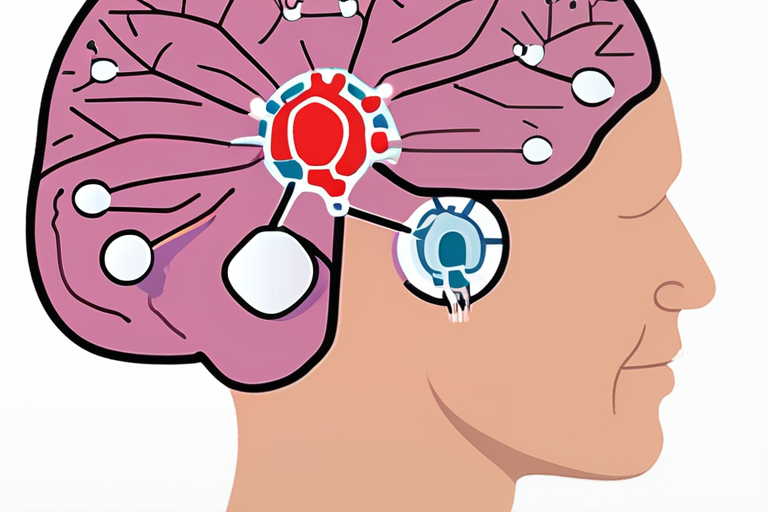
Researchers from Spain and China have made a groundbreaking discovery in the fight against Alzheimer's disease, successfully repairing the blood-brain barrier in mice models to clear amyloid-beta plaques within hours. This breakthrough treatment, whi

Researchers at Washington University School of Medicine have made a groundbreaking discovery that could potentially protect the brain from Alzheimer's damage. By altering the body's natural rhythm, specifically by turning off a circadian protein, the
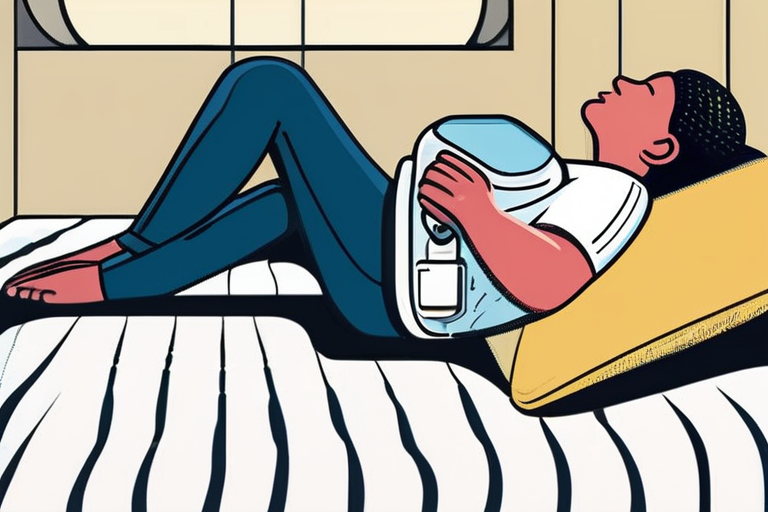
Scientists are reevaluating the effectiveness of popular sleep aids, suggesting that a deeper understanding of the body's internal biological clocks may hold the key to improving sleep quality. Research into these circadian networks could lead to mor
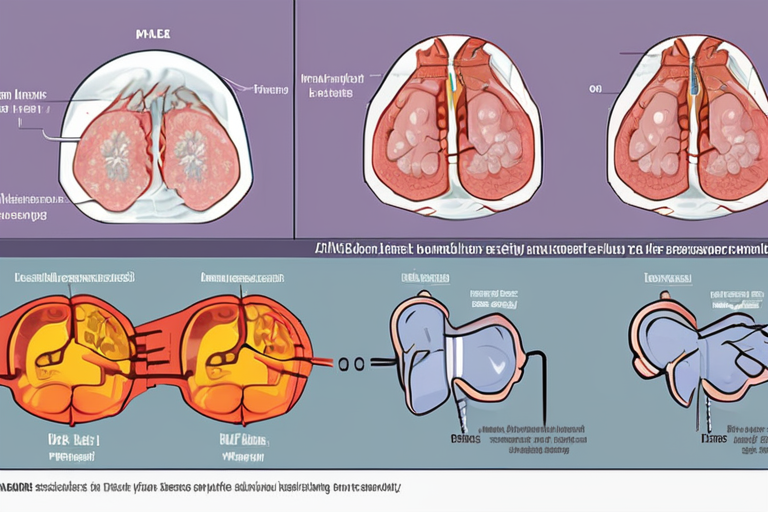
Scientists from Spain and China have made a groundbreaking discovery in Alzheimer's research, successfully repairing the blood-brain barrier in mice with genes that mimic the disease. This breakthrough enabled the brain to naturally clear amyloid-bet

Scientists warn that popular sleep hacks and pricey tools may not be effective in achieving quality sleep, and instead suggest that understanding the human body's complex network of biological clocks could lead to improved sleep. Research into these
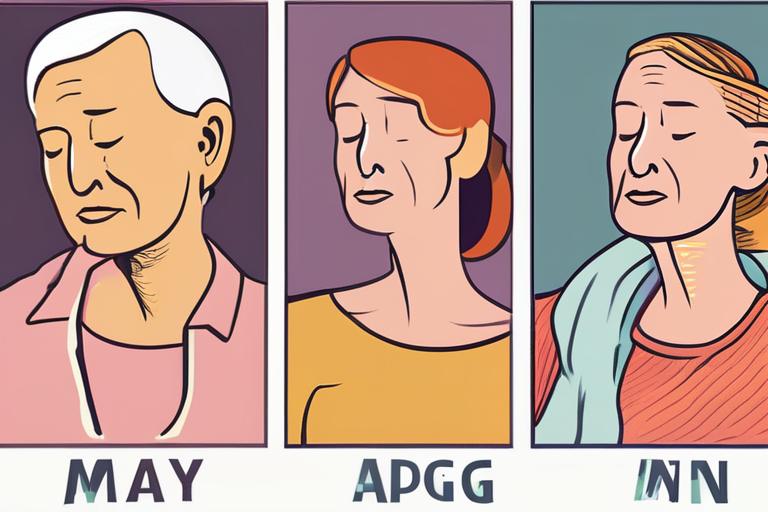
A groundbreaking study suggests that daily vitamin D supplements may slow down the aging process by protecting telomeres, the protective caps on our DNA that prevent cellular damage. Researchers believe vitamin D's anti-inflammatory effects may be ke
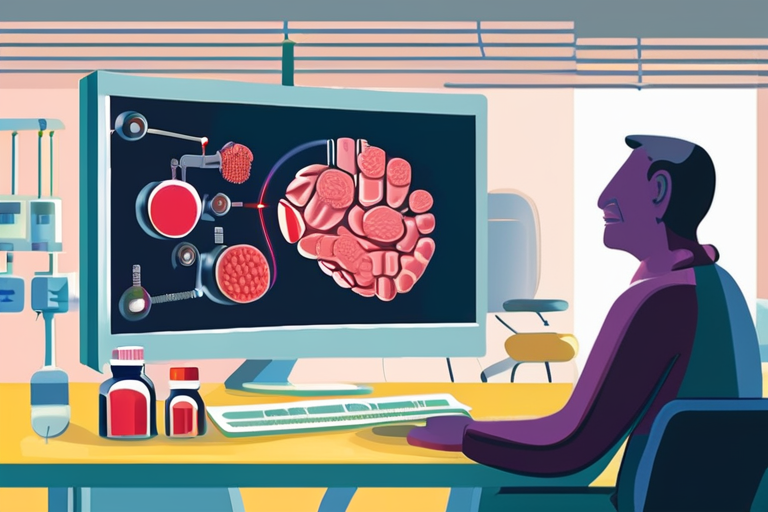
A groundbreaking genetic study involving over a million participants from Denmark, England, and Finland has discovered a significant link between naturally lower cholesterol levels and a reduced risk of dementia. The research simulated the effects of
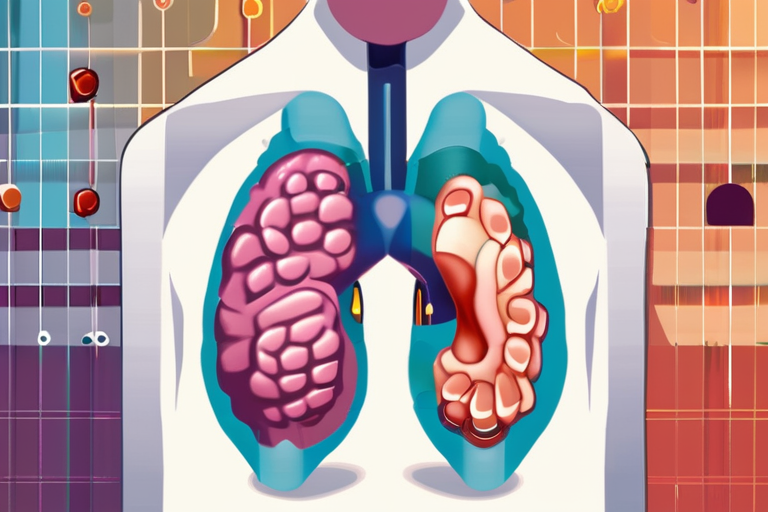
A groundbreaking genetic study spanning over a million participants in Denmark, England, and Finland has revealed a strong link between naturally lower cholesterol levels and a significantly reduced risk of dementia. The research suggests that high c
Share & Engage Share
Share this article